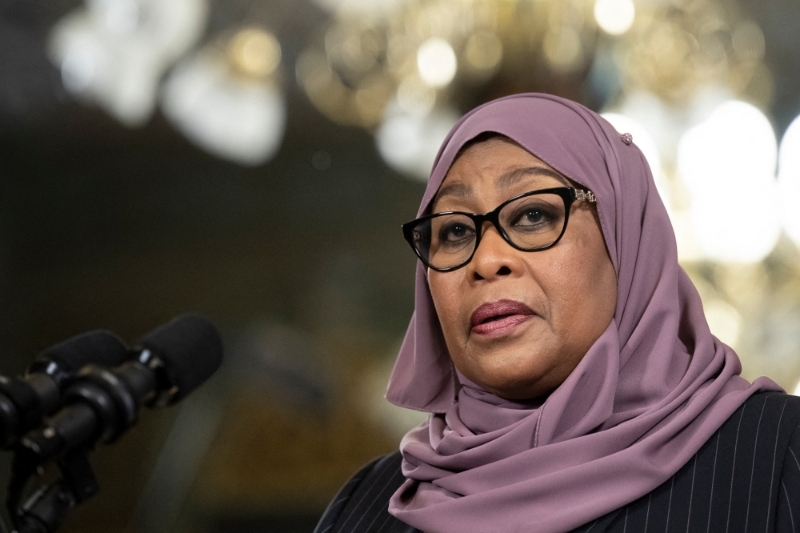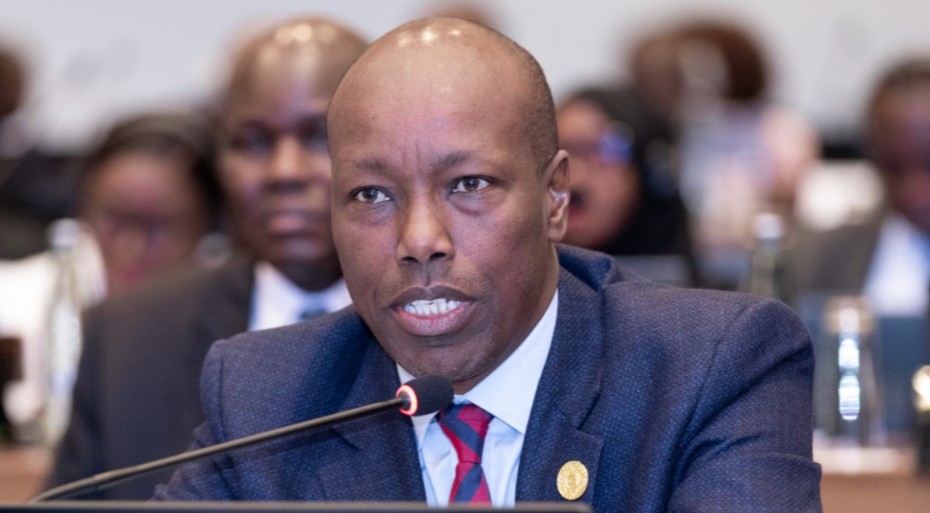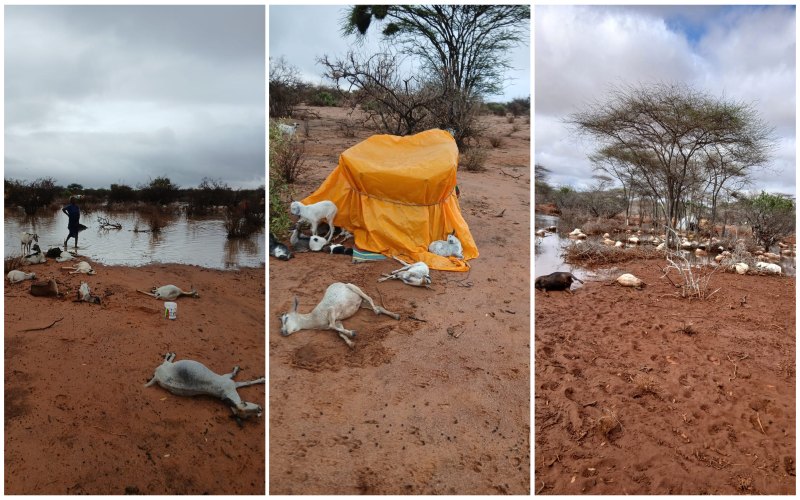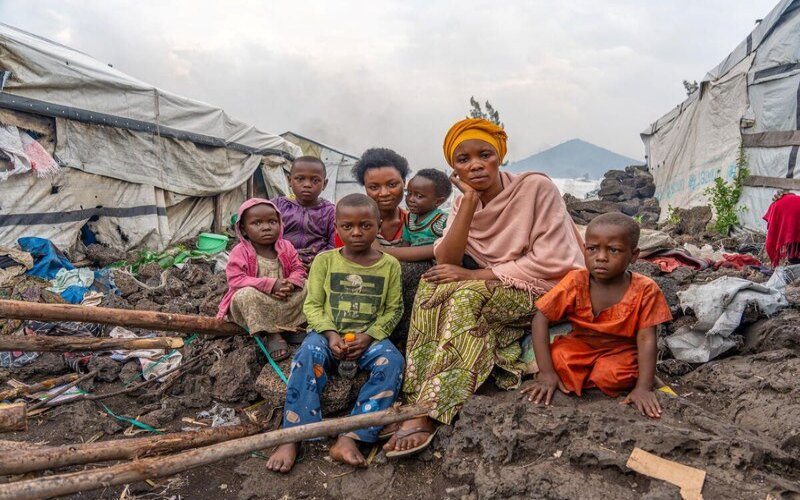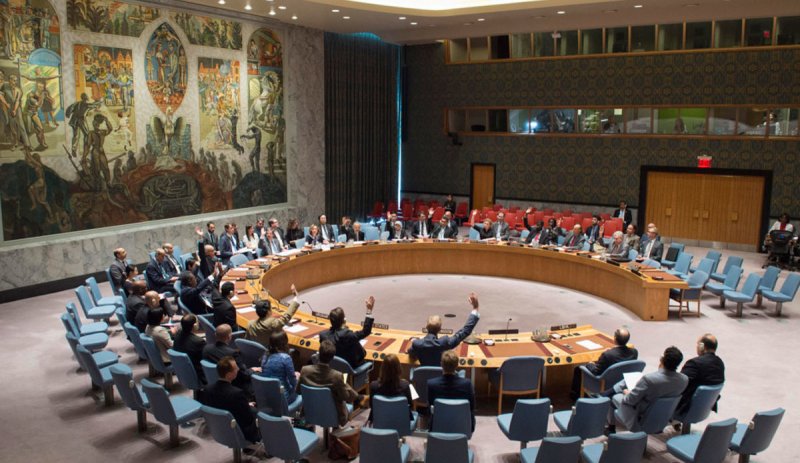WHO calls for global tax hike on tobacco, alcohol, sugary drinks to reduce consumption

According to WHO, heart disease, cancer, and diabetes, now account for more than 75 per cent of all global deaths, with tobacco, alcohol, and sugary drink consumption acting as major contributors.
The World Health Organisation (WHO) has urged governments worldwide to increase taxes on tobacco, alcohol and sugary drinks, aiming to raise their real prices by at least 50 per cent by 2035.
The appeal, launched under a new global campaign known as the "3 by 35" Initiative, seeks to reduce the growing burden of noncommunicable diseases (NCDs) and generate critical revenue for health systems strained by rising demand, shrinking aid and mounting debt.
More To Read
- Reported massacre at hospital in Sudan’s El Fasher leaves 460 dead
- Severe flooding affects over 960,000 in South Sudan: UN
- WHO says polio eradication still feasible despite Sh219 billion funding cuts
- Kenyan CEOs warn of tough times as high costs, taxes squeeze businesses
- WHO says DRC could declare end of Ebola outbreak by December
- Last Ebola patient discharged as WHO starts countdown to end DRC outbreak
According to WHO, NCDs, including heart disease, cancer, and diabetes, now account for more than 75 per cent of all global deaths, with tobacco, alcohol, and sugary drink consumption acting as major contributors.
A recent analysis suggests that a one-time 50 per cent increase in the price of these products could prevent 50 million premature deaths over the next 50 years.
The "3 by 35" Initiative also aims to help countries implement or strengthen excise taxes that raise the cost of harmful products while funding essential services, including universal health coverage.
WHO estimates that such reforms could generate as much as US$1 trillion (Sh129.3 trillion) in new revenue over the next decade.
"Health taxes are one of the most efficient tools we have," said Dr Jeremy Farrar, Assistant Director-General, Health Promotion and Disease Prevention and Control, WHO.
"They cut the consumption of harmful products and create revenue governments can reinvest in health care, education, and social protection. It's time to act."
The campaign also draws attention to the success of past efforts. Between 2012 and 2022, nearly 140 countries increased tobacco taxes, resulting in real price hikes averaging more than 50 per cent.
Countries like Colombia and South Africa have seen both reduced consumption and higher revenues after introducing health taxes.
Despite this progress, WHO warns that many governments continue to offer tax breaks or enter into long-term agreements with unhealthy product industries, particularly tobacco, that can hinder future reforms.
The organisation has subsequently urged countries to reassess such arrangements and remove policy barriers that undermine national health goals.
Top Stories Today




